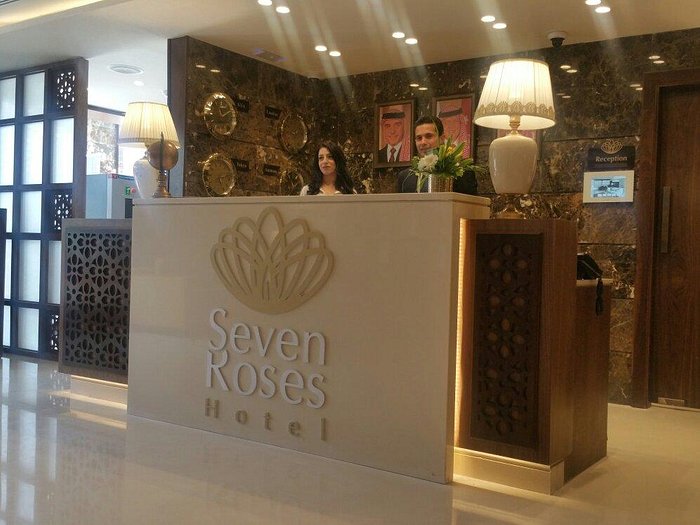Jordan
WELCOME TO Jordan
Country Overview
Amman
89,342 km2
10 million
Arabic
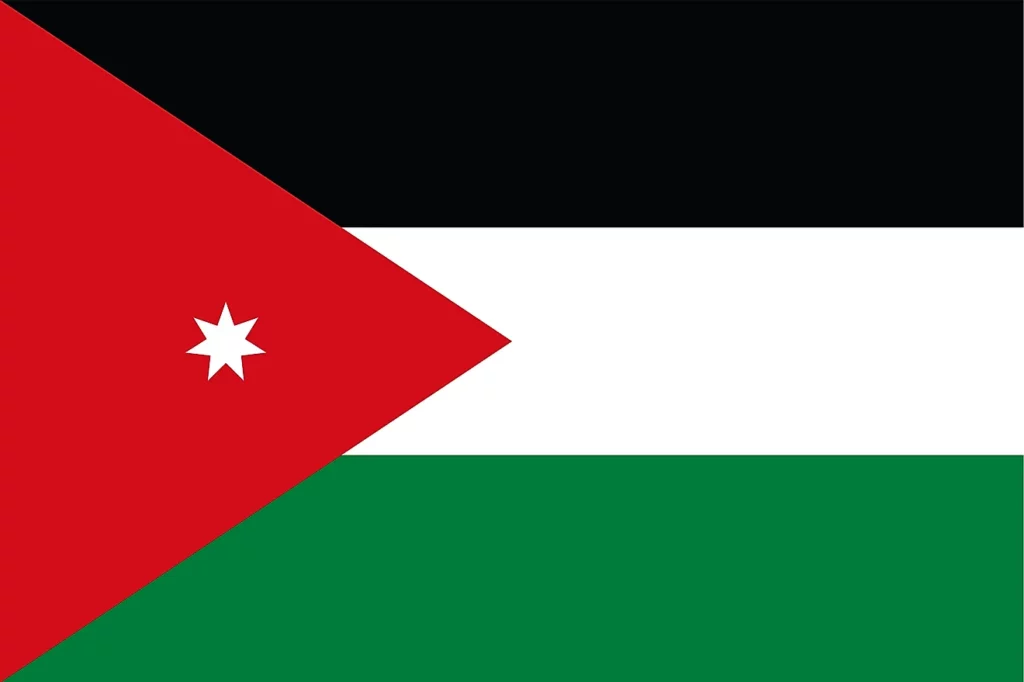
Popular
Geography and Tourist Attractions
Information about the country's tourist attractions, including popular destinations, events, and activities.
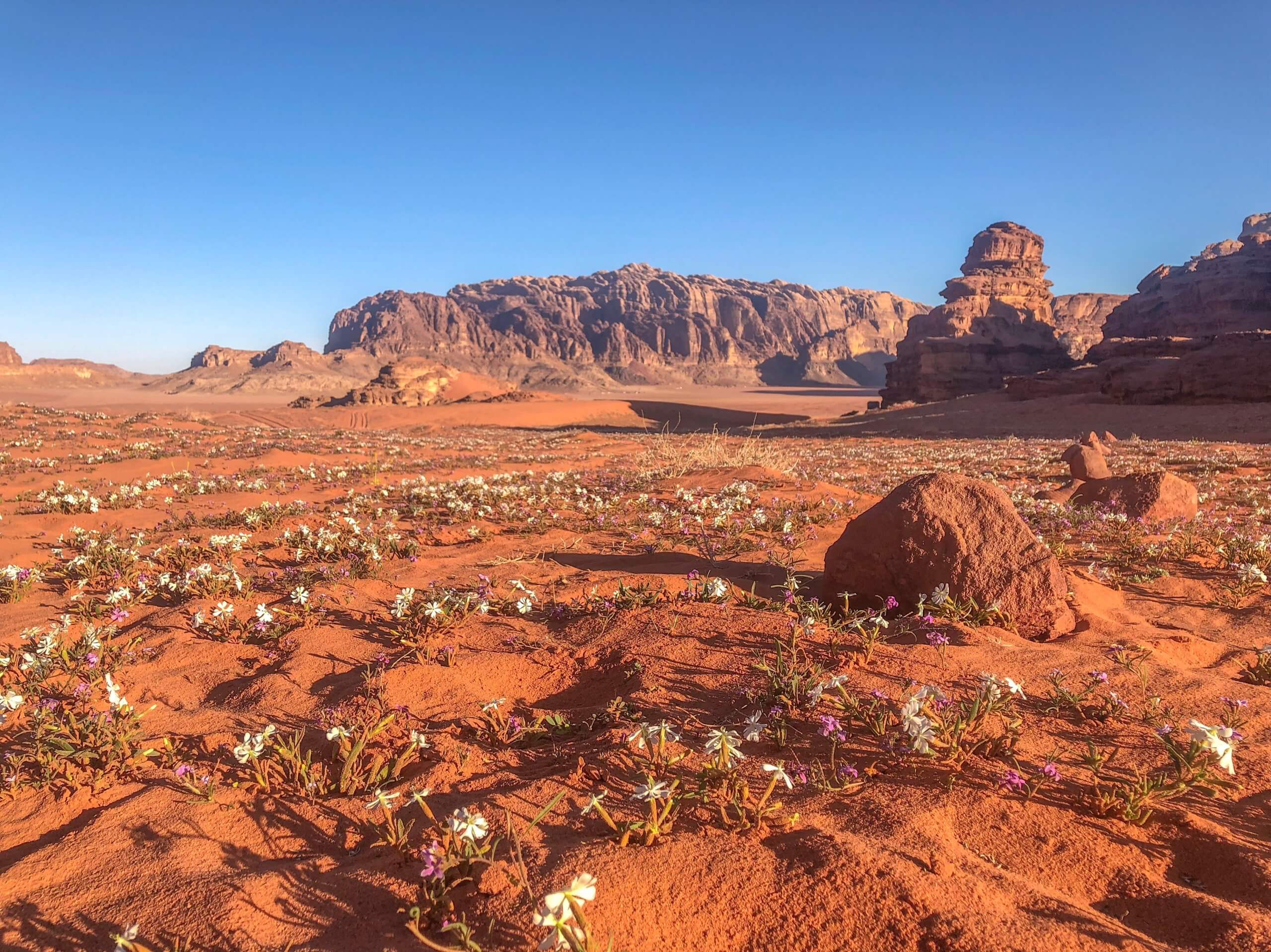
Wadi Rum

Dead Sea
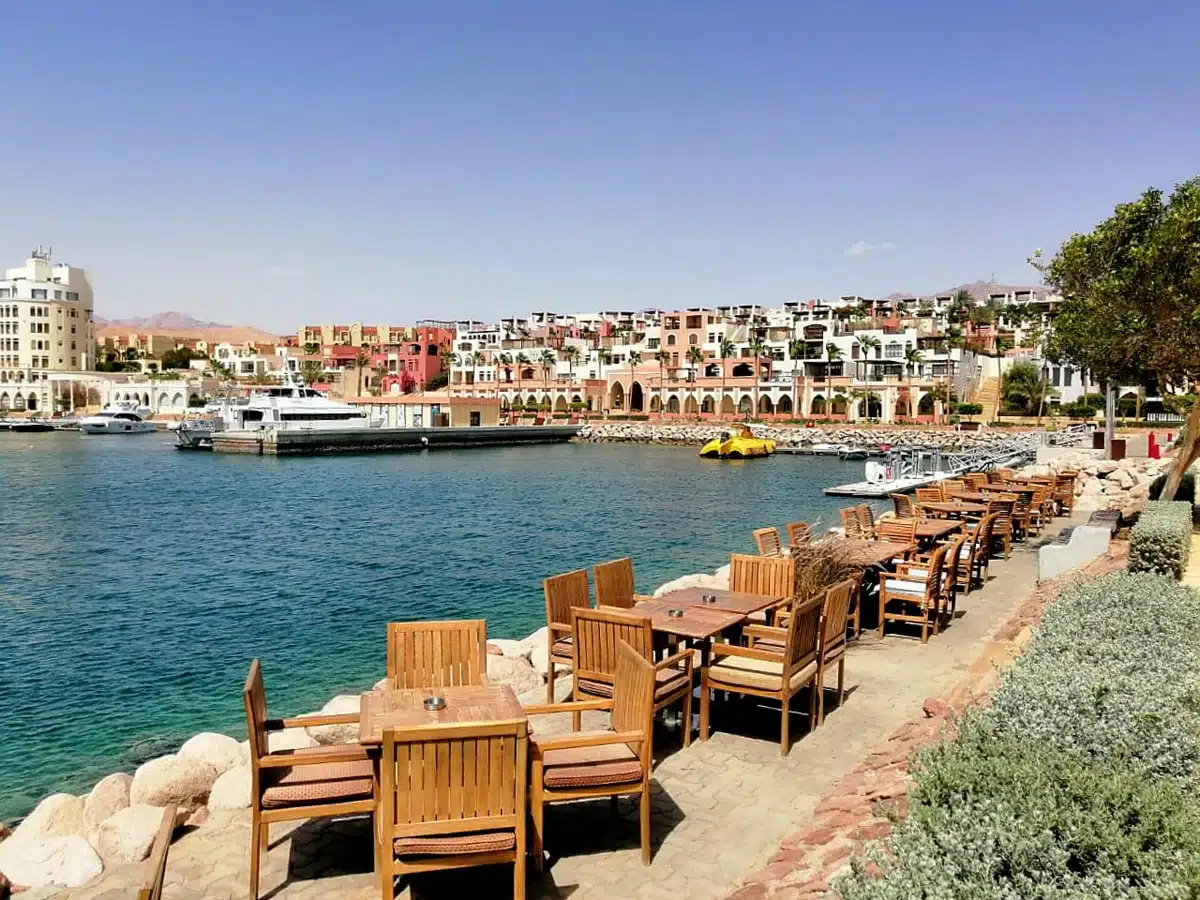
Aqaba
Political
Economy and Government
Jordan has a mixed economy that relies heavily on services, tourism, and remittances. The government plays a significant role in guiding economic development and implementing reforms to enhance competitiveness and attract foreign investment.
The country's strategic location and stability have positioned it as a hub for regional trade and transit. Jordan benefits from its Free Trade Agreements, facilitating access to global markets. Agriculture, mining, pharmaceuticals, information technology, and renewable energy are emerging sectors driving economic diversification.
The government of Jordan operates under a constitutional monarchy. King Abdullah II is the head of state, and the Prime Minister is the head of government. The country has made strides in political reform, with efforts to enhance transparency, accountability, and governance.
Jordan faces challenges such as high unemployment, poverty, and limited natural resources, which require ongoing attention. To address these issues, the government has implemented economic reforms, supported entrepreneurship, and invested in education and vocational training.
Tourism is a vital sector for Jordan, known for its historical and archaeological sites, including Petra and Jerash. The government has been actively promoting tourism through infrastructure development, marketing campaigns, and visa facilitation.
In recent years, Jordan has faced economic challenges due to regional conflicts and the global COVID-19 pandemic. The government has taken measures to mitigate the impact, including economic stimulus packages and support for businesses and individuals affected by the crises.
Jordan's government and economy continue to evolve, striving for sustainable growth, job creation, and socio-economic development to improve the lives of its citizens and enhance its global competitiveness.
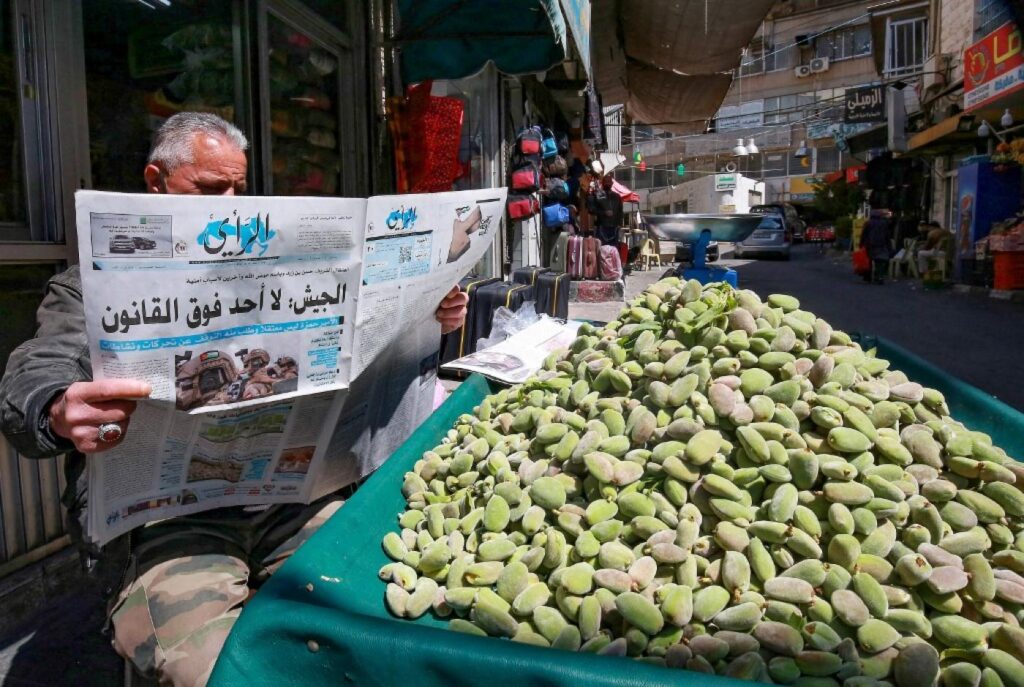
History
History and Culture
Jordan boasts a rich history and vibrant culture that spans thousands of years. The land of Jordan has witnessed the rise and fall of numerous civilizations, leaving behind a treasure trove of archaeological wonders. From the ancient Nabateans who built the magnificent city of Petra to the Romans, Byzantines, and Islamic dynasties that left their mark, Jordan's history is a tapestry of diverse influences.
The cultural heritage of Jordan is deeply rooted in its Bedouin traditions, reflected in the warm hospitality and traditional customs of its people. The Jordanian cuisine delights visitors with its flavorsome dishes, such as Mansaf, the national dish made with lamb, rice, and yogurt.
The country is also home to several religious sites of significance, including Mount Nebo, where Moses is said to have seen the Promised Land, and the baptism site of Jesus Christ at Bethany Beyond the Jordan.
Jordan celebrates its cultural heritage through festivals and events, such as the Jerash Festival of Culture and Arts, which showcases traditional music, dance, and theater performances. Folklore and traditional costumes are an integral part of Jordanian cultural expressions.
Despite its small size, Jordan's rich history and vibrant culture continue to captivate visitors, offering a fascinating journey through time and providing a glimpse into the country's remarkable past and present.
HOTELS
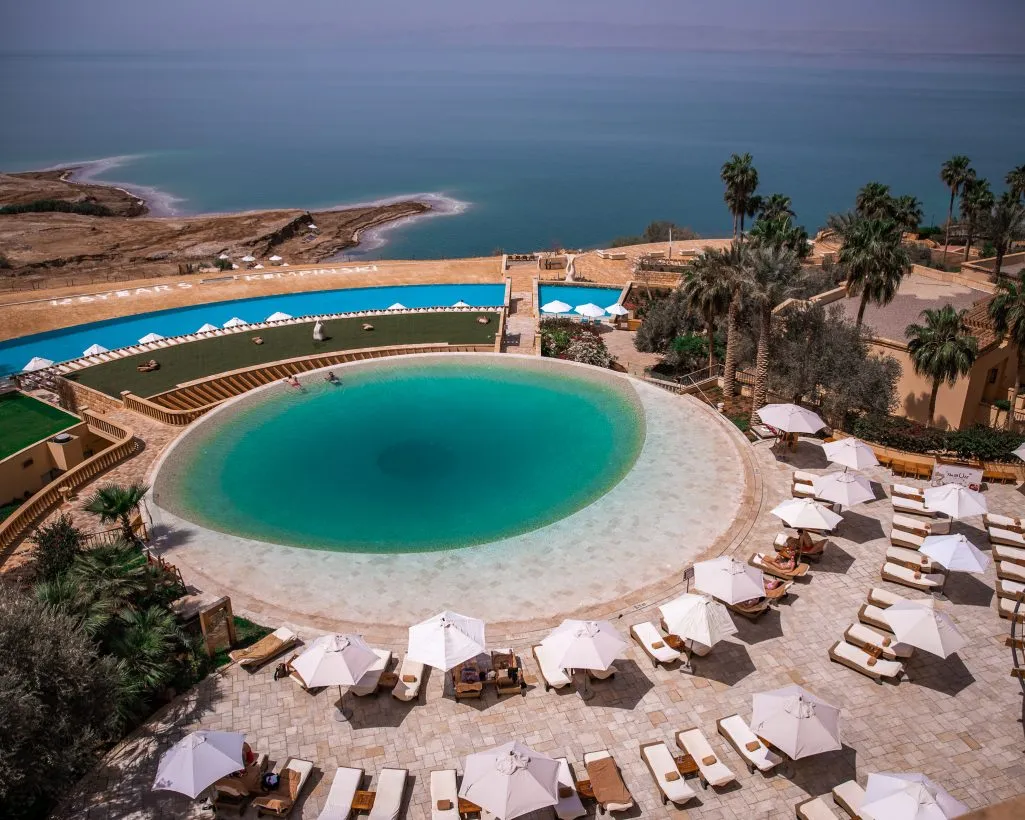
Kempinski Hotel Ishtar Dead Sea (Dead Sea)
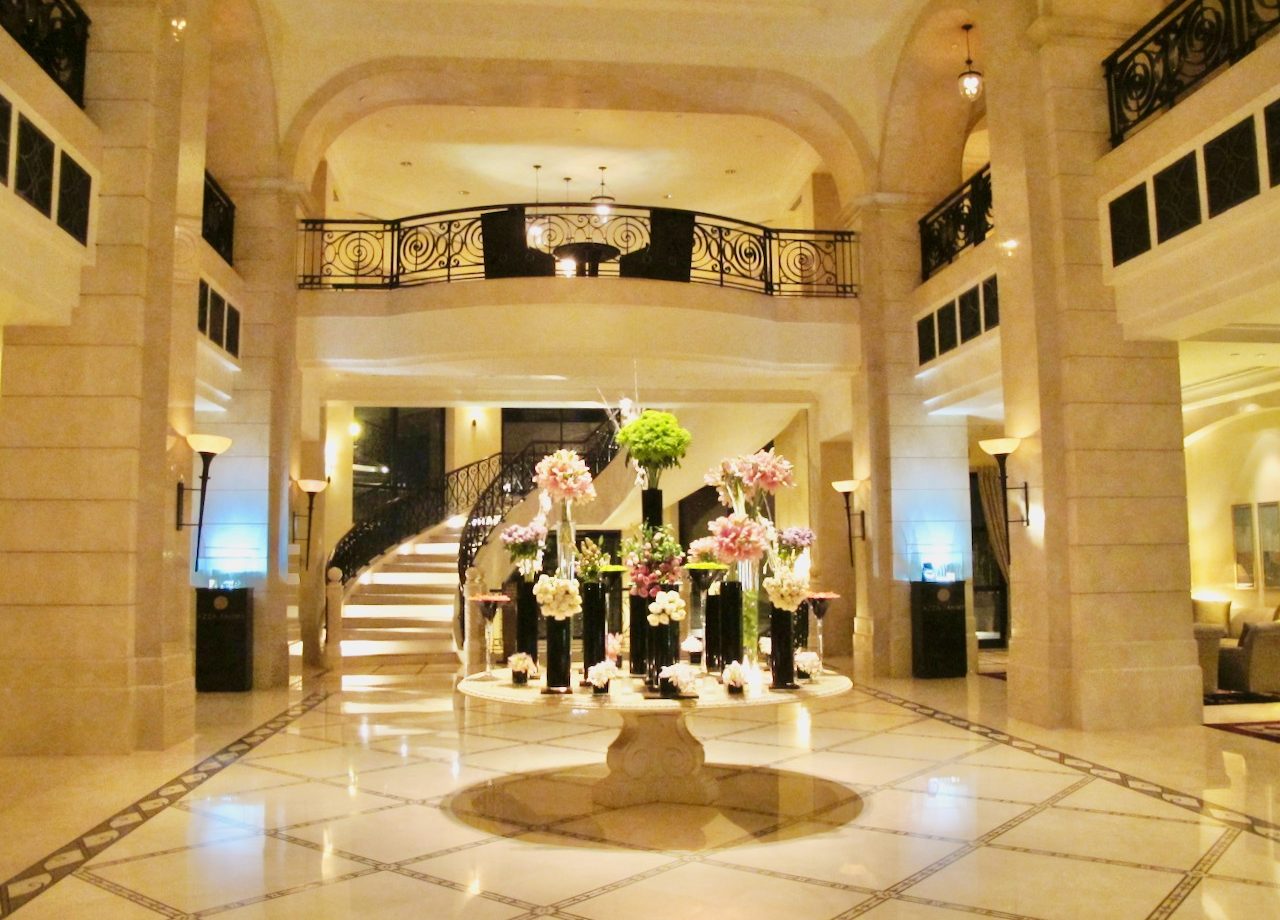
Four Seasons Hotel Amman (Amman)
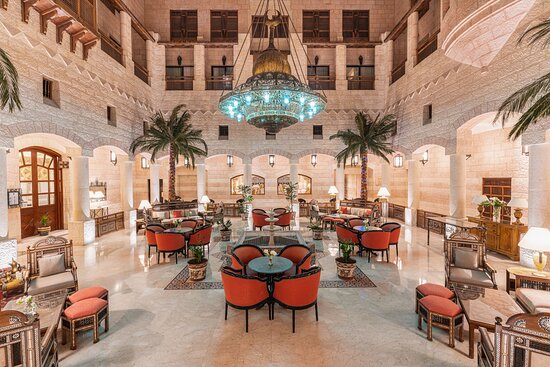
Mövenpick Resort Petra (Petra)
RESTAURANTS
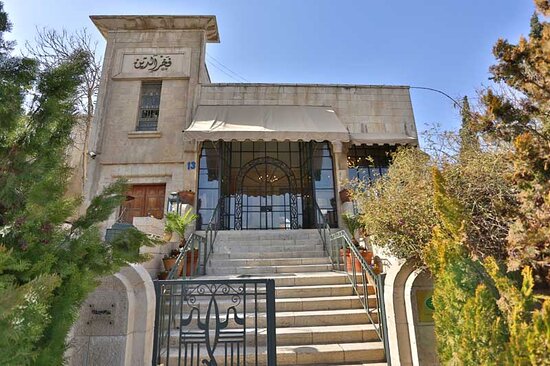
Fakhr El-Din (Amman)
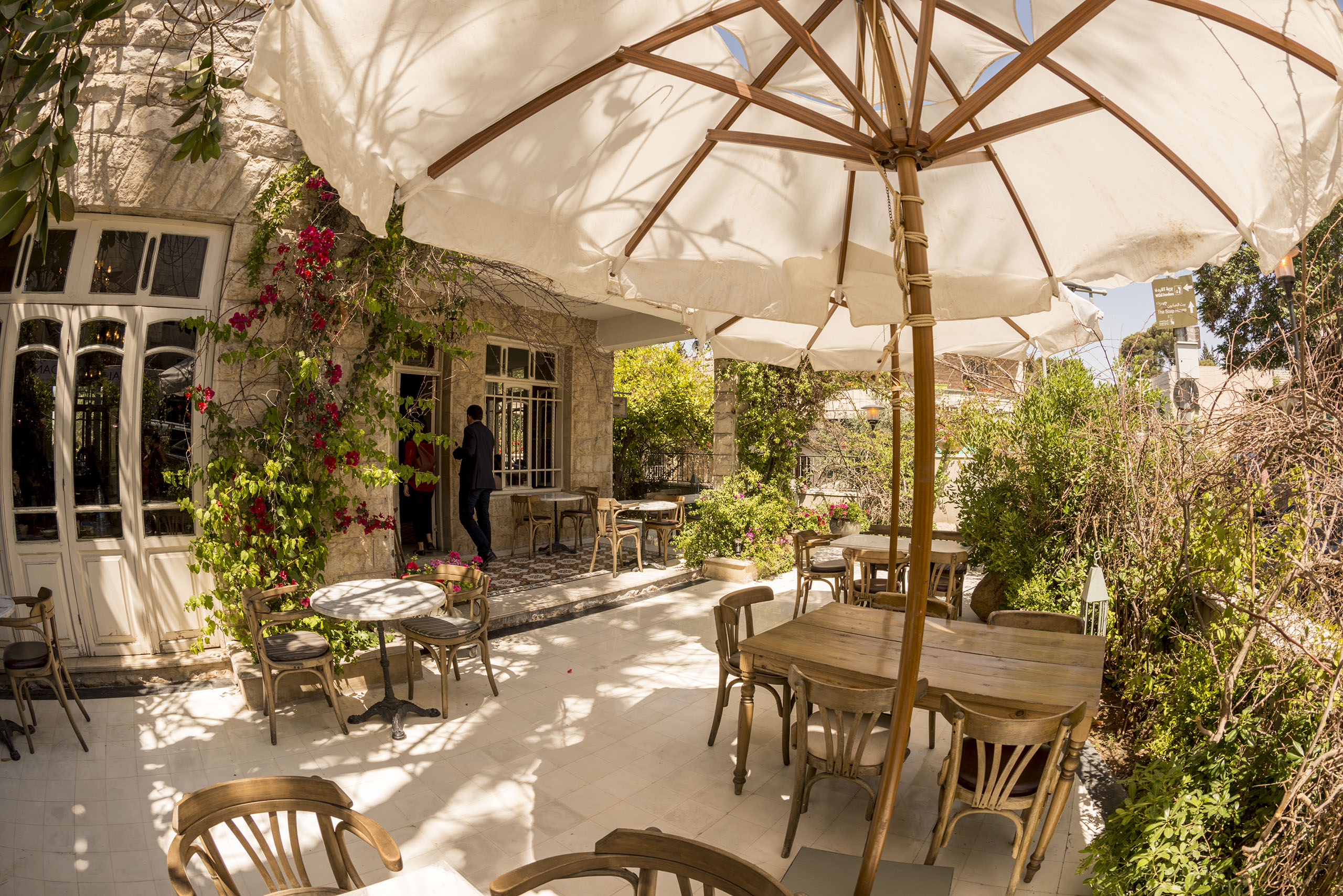
Sufra Restaurant (Amman)
